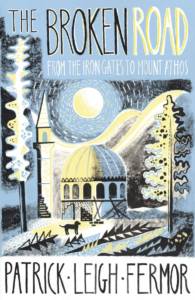
In All Our Names, the Ethiopian-born novelist Dinaw Mengestu tells the story of two Isaacs and a Helen living, loving, and leaving each other—apparently in the 1970s. The story, which takes place in both Uganda, and a generic Midwestern U.S. town called Laurel, is narrated partly by Isaac, whose real name isn’t really Isaac (he is also called Langston, Professor, and Dickens at different times and by different people), and partly by Helen, the American social worker assigned to him after he comes to the U.S. to study at university.
The novel begins with the faux Isaac, almost twenty-five, leaving his village in Ethiopia for the Ugandan capital of Kampala, to “claim his share,” i.e. to become a famous writer, surrounded by like-minded men. There, he meets the other Isaac (whom we’ll call Isaac [2] for clarity) at the university, though neither Isaac is a student, and it is unclear whether the two men are like-minded. Their relationship and involvement with the revolution against Idi Amin makes up Isaac’s share of the narrative.









